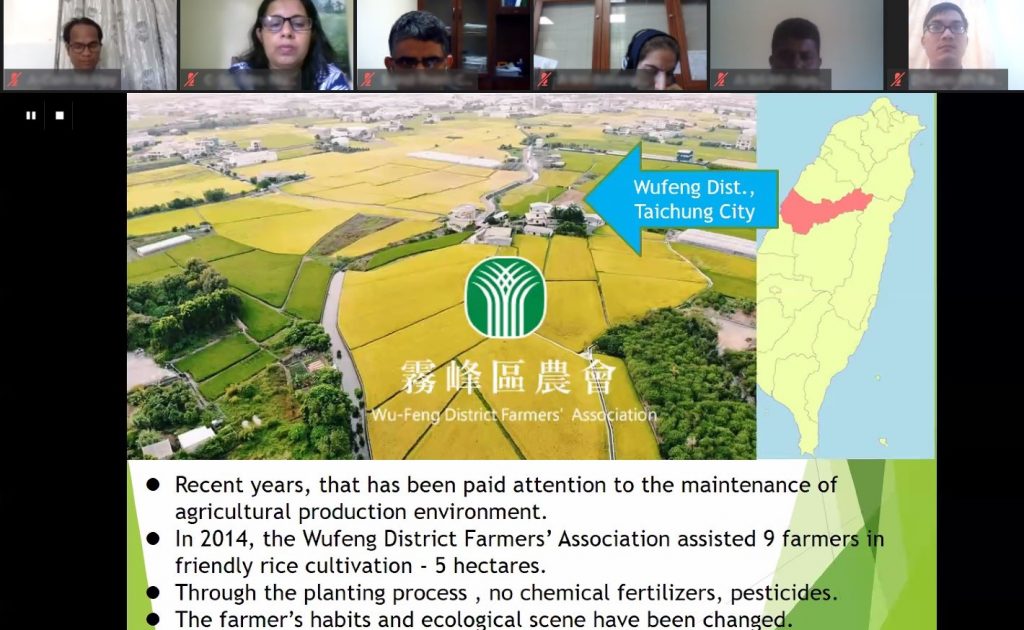
Select Page

A steady increase in agricultural output driven by sustainability and higher productivity is vital, particularly for optimizing natural resource management, climate resiliency, and poverty reduction efforts. The development and adoption of innovative productivity models leading to breakthroughs in agricultural productivity on a sustained basis from economic, social, and environmental aspects and to improved performance of agrifood value chains are therefore critical. Stakeholders in agrifood value chains, including producers, agribusinesses, processors, marketers, food service companies, retailers, consumers, and waste management services along with supporting groups such as shippers, research groups, and input suppliers, can contribute to the enhanced productivity and sustainability of agrifood systems. Adopting innovative, sustainable, agroecological models can contribute significantly to meeting the UN Sustainable Development Goals (SDGs) in APO member countries.
To broaden participants’ understanding and skills in utilizing innovative productivity models for enhancing the sustainability of agriculture in their countries while providing opportunities for networking and sharing of best practices, the National Productivity Organisation (NPO), Ministry of Industries, Bangladesh, partnered the APO to organize a workshop on Sustainable Productivity Models in Agriculture via virtual sessions from 16 to 18 November. Twenty-six participants from 12 countries as well as four resource persons from India, the Philippines, FAO-Thailand, and Switzerland and two local experts from Bangladesh attended. APO Alternate Director for Bangladesh and NPO Director Nischinta Kumer Podder addressed the opening session.
The resource persons presented different perspectives on sustainable agriculture from the viewpoints of meeting the SDGs, agroecology systems, rural infrastructure and innovation, organic farming, natural resource management, sustainable pest management, home garden models, and best practices for small-scale producers. The participants were divided into four groups and given specific group work assignments on agroecological elements and sustainability systems. After detailed group discussion sessions, their results were reported on the final day of the workshop.
Bangladesh participant Prof. Dr. Mirza Hasanuzzaman found that the virtual workshop was supported by “very competent resource persons who enlightened the participants about the latest innovative models of sustainable agriculture.” This had enriched his knowledge and would help him contribute to his own academic research field.
The expert from the UN FAO, Agriculture (Agroecology) Officer Pierre Ferrand, appreciated the invitation to the workshop and enjoyed his first assignment for the APO. He evaluated the sessions as effective although they had to be held virtually due to the pandemic. Ferrand expressed interest in collaborating with the APO in the future on sustainable agricultural productivity improvement in member countries.